Crisis Communication Training Opportunities, Region IV Public Health Training Center
Category : Academic Student Opportunities
Basic Tenets of Risk Communication for Public Health Professionals
Course Overview
The goal of risk communication is to influence risk perception sufficiently enough to motivate the audience to protective action. This course details the components of communicating risk effectively, including targeting audiences and developing messages. The course also outlines psychological factors associated with risk perception and decision making.
Click here to register!
Crisis and Emergency Risk Communication (CERC): Examples from Ebola
Course Overview
Health communication is a critical piece of keeping the public safe during a public health emergency. During this two hour interactive session, the audience will learn the principles behind crisis and emergency risk communication. Because each emergency is different, we will discuss ways to tailor messages for the crisis and emergency risk communication. During times of crisis, developing partnerships with stakeholders to disseminate messages is very important. Participants will learn about ways to develop these relationships for successful health communication.
Click here to register!
In Print and On Air: Get Ready to Work with the Media
Course Overview
This webinar is presented in partnership with the Georgia Society for Public Health Education (GASOPHE) and the National Association of Chronic Disease Directors (NACDD). More than ever, public health needs to clearly convey priority messages and policies to the public through mass media. This webinar will share concepts and tools that are useful whether you have a direct role in speaking to the media or assist public health teams that present priorities, talking points, and data to those directly representing public health in the media.
Click here to register!
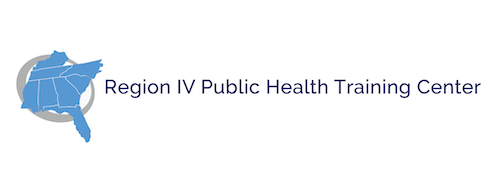
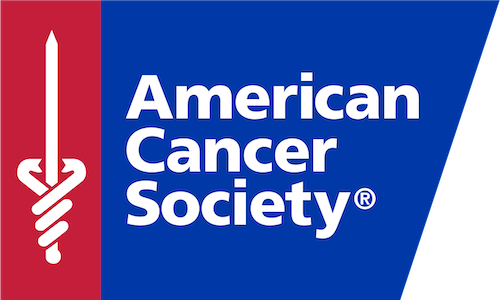


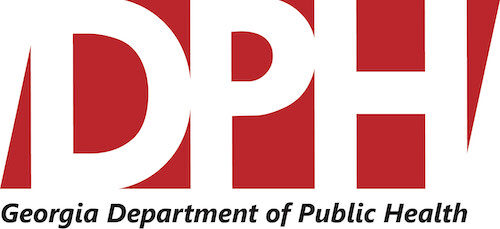
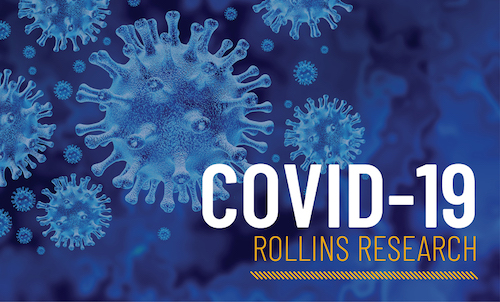

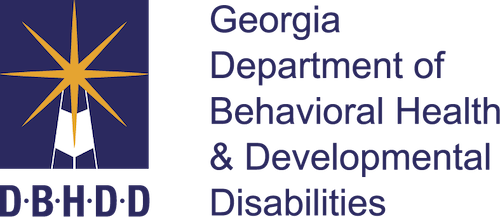
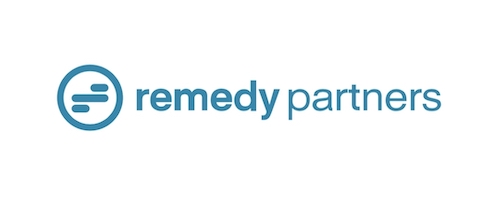
Recent Comments